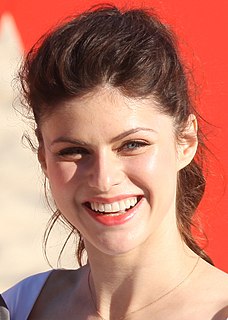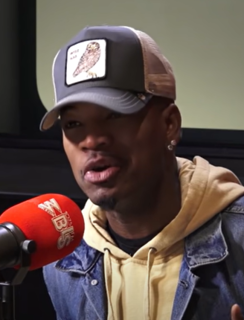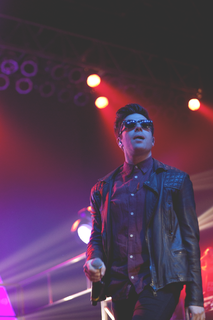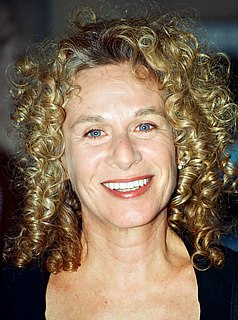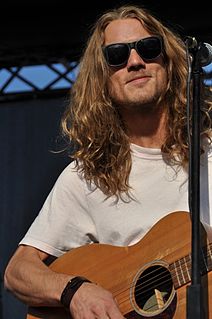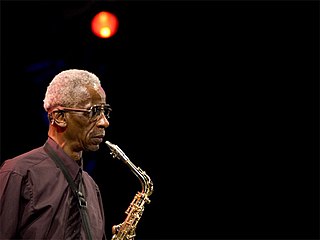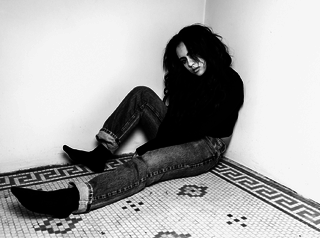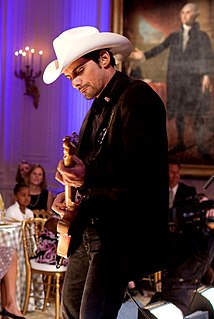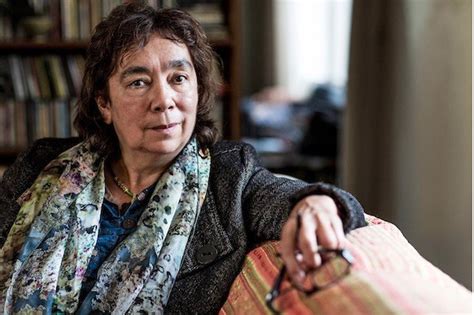A Quote by Alexandra Daddario
I try to write my own music. It's a good way of de-stressing.
Related Quotes
I love music so much that I have to try to make my own music. And not copy music. If I hear a song that I love - how is the groove and how is the beat and what is the feeling of this? - I can make it my own. So then I try, and I watch it become something totally different. But that's the way I have to do it.
I have a really good relationship with my label and with people I've worked with since I was younger. I've always had a really good relationship, with both men and women. I think, for me, the way I face sexism in the music industry is when people are like, "Oh, she must not write her own music." That's frustrating, in a way. But it's cool. I'm mostly just like, "Meh." I'm just doing my thing.
The one good thing about a movie and music and stuff like that: Sometimes it's a counterpoint between the movie and the music itself, the difference and the tension they build together. I think that could be something that helped with me, because when I write songs now, I write lyrics a bit like that. I try to make the music be an interesting twist on the lyrics and help tell the story in a - I don't tell crazy stories, you know? So a lot of times, the twist is in the subtleties. The twist is in the way the story's told.
As a songwriter, you tend to develop your own style, your own technique, based around what it is you're trying to write and perform, in terms of your own music. So a way of evolving a guitar style as a songwriter is much easier, I think, than developing a true style of your own just from listening to music or playing other people's music.
